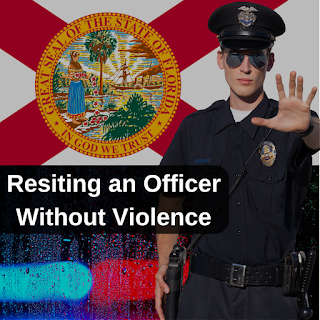Navigating Police Encounters Under Florida's New Constitutional Carry Law

Florida has recently joined the movement as the 26th state to pass a constitutional carry law. This significant change in state firearm legislation has raised many questions regarding how gun owners should navigate police encounters and traffic stops in light of the new law. The constitutional carry law removes the need for a concealed carry permit for law-abiding citizens who wish to carry a firearm, but it also brings some complexities when interacting with law enforcement officers. Disclosing your firearm during a traffic stop can be a sensitive topic, as both gun owners and police officers need to prioritize safety and compliance during these interactions. Understanding the intricacies of Florida's new gun law is crucial for responsible gun owners who want to ensure that they are in compliance when stopped by the police. In this article, we will explore the different aspects of the constitutional carry law, discussing the best practices for disclosing firearms during police en...




